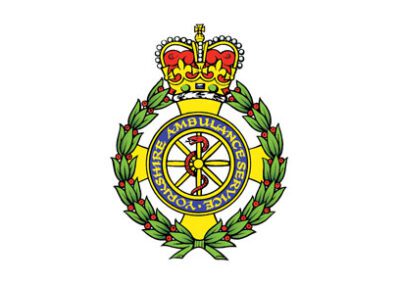Face-to-Face Training
After training over 2000 face-to-face sessions with people throughout the UK, I’ve learned that listening is the most powerful tool in training.
Results Based Training
Whether you’re looking to enhance employee skills, improve customer service, or implement new technologies, I can design and deliver face-to-face training that delivers tangible results.
Communication Psychology Turned into Engaging Training
After gaining a diploma in training, I wanted to gain further information on mastering engaging training to ensure the best results for both the employer and the learner. After qualifying in communication psychology, I blended the techniques learned to create and deliver the best face-to-face training.
Engaging and Interactive Learning Experience:
If you need traditional classroom learning, no problem!
I have delivered over 2000 sessions to groups of up to 200 people in a session.
Interactive Activities and Assessment
Depending on your requirements, I can create interactive activities that engage the learner and focus on the key points you need to deliver. No exercises for the sake of it!
Subject Matter Expert-Led Training
A key part of great face-to-face training is planning and research. As a rule, where I can I like to spend time with your experts to ensure that I am as prepared as possible for any training session.


People communicate via Body Language, Tone and words. Over the years I’ve perfected listening closely to all three, no matter how big the audience.
The Main Components of my Training Method
Experience
Experienced trainging started as a business when I moved from at Sales and IT trainer to Social Care.
After a major life event, I gained a passion for the hero’s in social care and the NHS and decided to dedidcate my career to helping the people who help others.
After delivering this around the UK for several years, political changes forced me into the private sector and I became a senior change manager at a major international bank. Essentially, it was my teams role to provide training solutions for any major change in the Bank including international branches.
Since then I’ve contracted on a day to day basis for organisaitons throughout the UK.
Qualifications
- Diploma in training, PTTLS, CTLLS and DTLLS
- Degree in Communication Psycology
- Degree in Energy
- Qualified project manager (Accociation of project managers)
- Over 100 LinkedIn Learning courses completed
- Attended regular training mastery courses and keep up to date with the industry, for example I’m a member of the Learning Performance Institute.
Learning
Psychology
There is a virus on LinkedIn when it comes to the training industry. People write trendy articles with various therories and arguments.
The problem is the majority of these are completely wrong in practice and great in theory.
After a while I got a little fed up so I wondered, how do we actually communicate and what’s the most effective way to pass on new information in my career.
The combination of exerience, qualifications and communicaiton psycology techiques ensures effective training delivery.
Recommended Training Books
Below are some of my favourite publications that have helped me improve my training skills.
After qualifying as a trainer, I’ve read countless books and completed courses on a regular basis.
The Get Good Series

The Get Good series of books is written by Lee Jackson.
I’ve attended several of Lee’s training and speaking masterclasses. I can vouch for the fact that Lee is a brilliant speaker. His books are a must-read for trainers who want to be better.

This is a quite specialist book that builds on the original Four Levels of Training Evaluation by Don Kirkpatrick to bring it up-to-date.
I still feel that Kirkpatric is the best measure for face-to-face training and this book is a great addition to the usual learning material for trainers.
Train the Trainer

Whilst this book if full of spelling errors, it’s also full of practical information and considerations for professions in both training development and delivery. As it is aimed at all levels, you can pick this book up and remind yourself of what you are good at and what you can improve upon.



